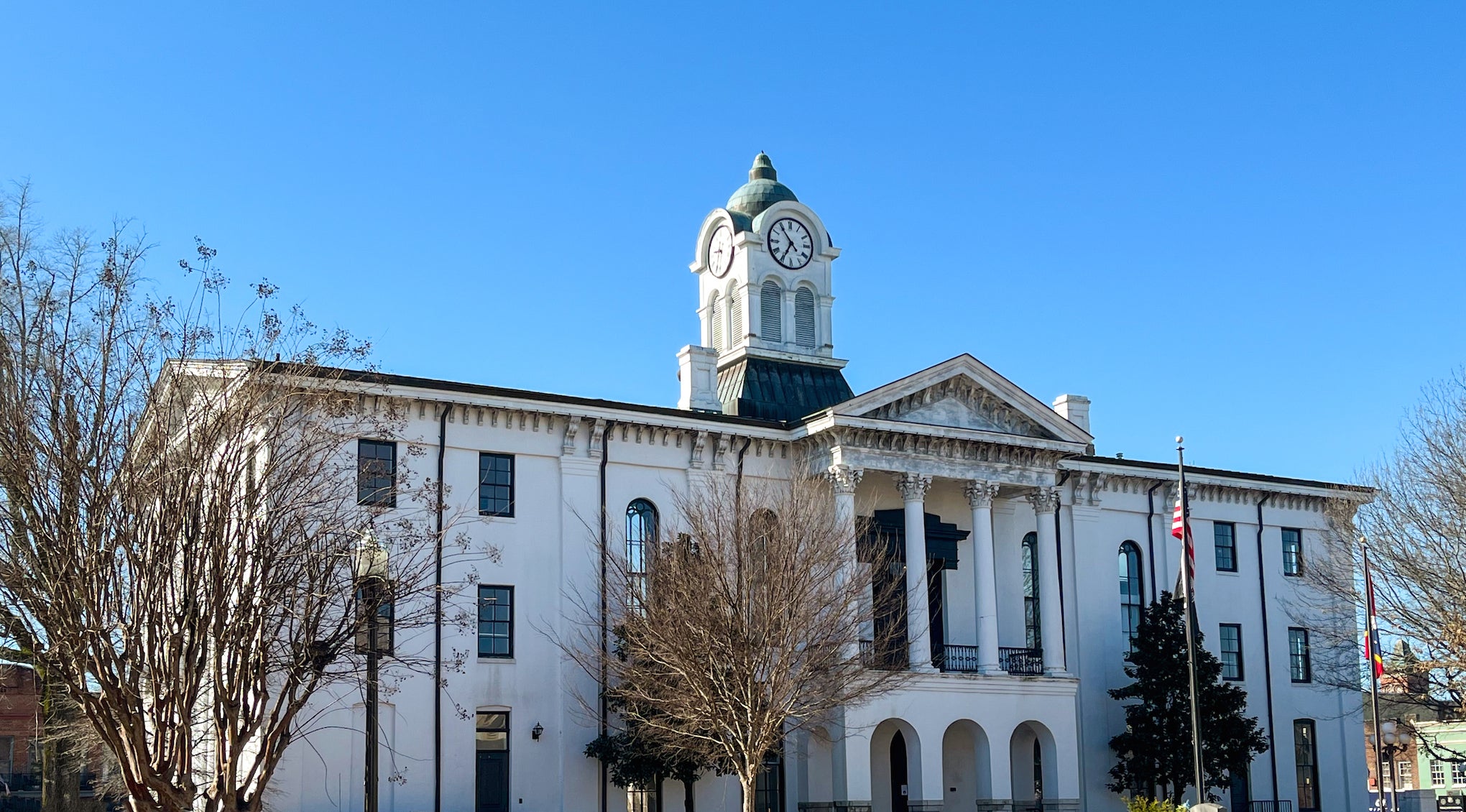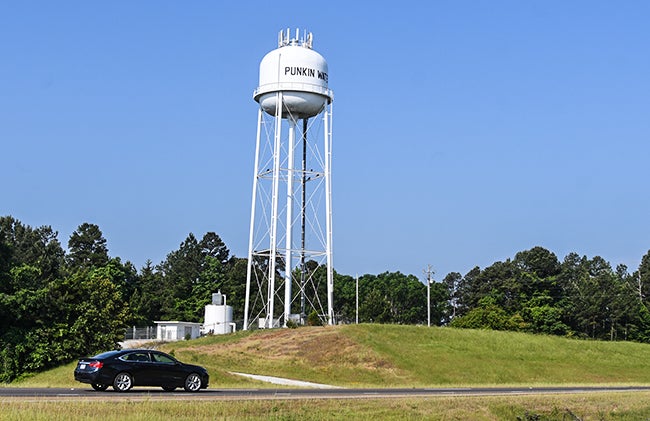President Donald Trump’s travel ban in new court setback near nation’s capital
Published 10:25 am Thursday, March 16, 2017
By Ben Nuckols and Jennifer Sinco Kelleher
Associated Press
GREENBELT, Md. — President Donald Trump’s revised travel ban has suffered another federal court setback after a judge in Maryland rejected a revised measure that bans travel targeting six predominantly Muslim countries.
Judge Theodore Chuang ruled Thursday in Greenbelt, Maryland, in a case brought near the nation’s capital by the American Civil Liberties Union and other groups representing immigrants, refugees and their families. The groups argued that the underlying rationale of the ban was to discriminate against Muslims, making it unconstitutional.
Chuang granted a preliminary injunction on a nationwide basis. He declined to issue an injunction blocking the entire executive order, saying that the plaintiffs didn’t sufficiently develop their argument that the temporary ban on refugees offends the establishment clause and didn’t provide sufficient basis to establish the invalidity of the rest of the order.
He called Trump’s own statements about intentions to impose a Muslim ban “highly relevant.” Trump’s second executive order does include changes from the first order, Chuang noted, such as the removal of a preference for religious minorities in the refugee process.
“Despite these changes, the history of public statements continues to provide a convincing case that the purpose of the Second Executive Order remains the realization of the long-envisioned Muslim ban,” he said.
Details of the implementation of the orders also indicate that national security isn’t the primary purpose of the ban, Chuang said.
“The fact that the White House took the highly irregular step of first introducing the travel ban without receiving the input and judgment of the relevant national security agencies strongly suggests that the religious purpose was primary and the national security purpose, even if legitimate, is a secondary, post hoc rationale,” he said.
“The Maryland court saw through the government’s legal maneuvering and recognized the new order for what it was: a Muslim ban,” said Lee Gelernt, deputy director of the ACLU’s national Immigrants’ Rights Project and one of the attorneys on the case. “And importantly, he issued a preliminary injunction, not just a (temporary restraining order), so the injunction will remain in place through trial, and not just for a couple of weeks.”
It was the latest ruling against Trump’s revised travel ban. On Wednesday, a judge in Hawaii also rejected the ban.
Government lawyers argued that the ban was substantially revised from an earlier version signed in January that was later blocked by a federal judge in Washington state. They said the ban was ordered in the interest of national security to protect the U.S. from “radical Islamic terrorism.”
The Maryland plaintiffs also argued the ban illegally reduces the number of refugees authorized to enter the U.S. this year. Chuang granted a preliminary injunction prohibiting the enforcement of the travel ban nationwide pending further orders from the court. He declined to stay the ruling should an emergency appeal be filed.
The White House did not immediately respond to the Maryland ruling.





